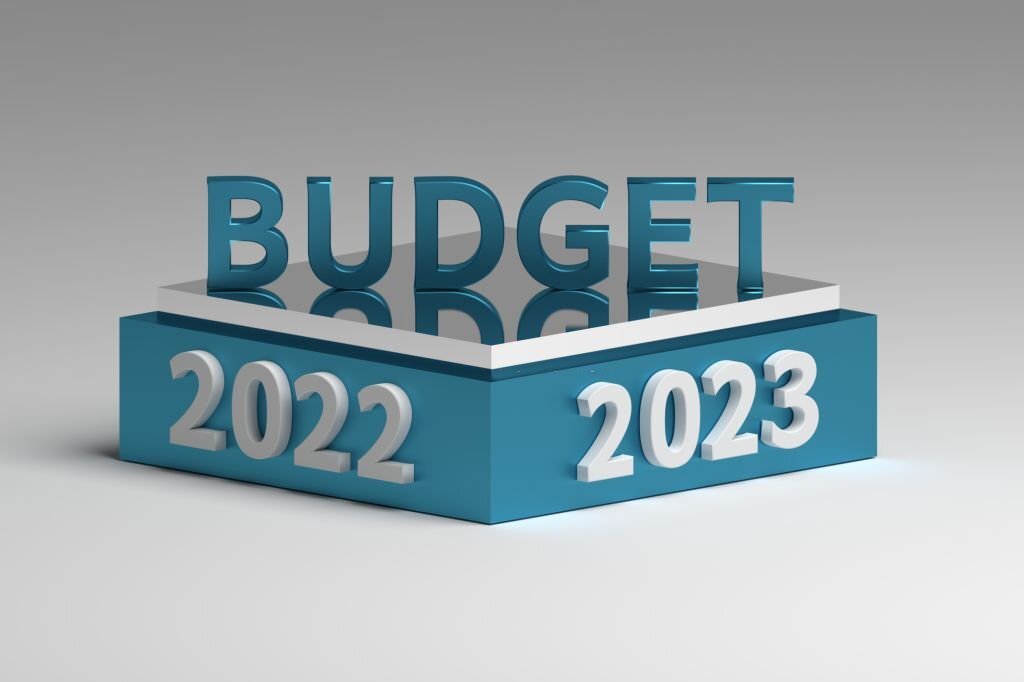Contents
- 1 Effective Budgeting Strategies for Donor Funded Projects
- 1.1 Prioritize Outcome-Based Budgeting
- 1.2 Embrace Zero-Based Budgeting
- 1.3 Similarly, Implement Activity-Based Costing
- 1.4 Utilize Technology for Financial Tracking
- 1.5 Continuous Monitoring and Adaptation
- 1.6 Risk Assessment and Contingency Planning
- 1.7 Collaborative Stakeholder Engagement
- 1.8 Regular Training for Financial Literacy
- 1.9 Sustainability-Centric Budgeting
- 1.10 Finally, Transparent Reporting to Donors
- 2 Frequently Asked Questions (FAQs)
- 2.1 How important is budgeting for donor-funded projects?
- 2.2 What is the role of outcome-based budgeting?
- 2.3 How does technology aid in budget management?
- 2.4 Why is stakeholder engagement crucial in budgeting?
- 2.5 What is the purpose of a contingency fund?
- 2.6 How can sustainability be incorporated into project budgets?
- 2.7 Conclusion
Introduction
In the realm of development and humanitarian initiatives, donor-funded projects play a pivotal role, in addressing pressing global issues. These projects, aimed at improving various aspects of society, moreover, rely on effective budgeting strategies to ensure that resources are allocated efficiently and transparently. In this comprehensive guide, we delve into the realm of “Effective Budgeting Strategies for Donor Funded Projects,” providing insights, tips, and real-world examples that will empower project managers and organizations to maximize their impact and create lasting change.
Effective Budgeting Strategies for Donor Funded Projects
When managing donor-funded projects, employing the right budgeting strategies can significantly influence the success and sustainability of your initiatives. Here are 10 crucial strategies to consider:
Prioritize Outcome-Based Budgeting
To align budgeting with impact, focus on outcome-based budgeting. Instead of merely allocating funds to activities, however, link each expense to a specific outcome or goal. This approach not only enhances transparency but also demonstrates accountability to donors and stakeholders.
Embrace Zero-Based Budgeting
Zero-based budgeting requires a fresh start with each budget cycle. It involves justifying every expense, therefore, ensuring that it directly contributes to project goals. While more time-consuming, this method prevents unnecessary costs and promotes a lean budget structure.
Similarly, Implement Activity-Based Costing
Activity-based costing assigns costs to specific project activities. This granular approach provides a clear view of the resources required for each task, moreover, enabling better resource allocation and helping in identifying areas for efficiency improvement.
Utilize Technology for Financial Tracking
Leverage budgeting and financial management software to track expenses, monitor real-time progress, and generate comprehensive reports. Automation minimizes human error and allows for quick adjustments in case of unexpected changes.
Continuous Monitoring and Adaptation
Budgeting for donor-funded projects should be flexible. Regularly monitor the financial performance of the project and be prepared to adapt the budget as needed to accommodate unforeseen challenges or opportunities.
Risk Assessment and Contingency Planning
Identify potential risks that could impact the project’s budget. Allocate a portion of the budget to a contingency fund, therefore, to mitigate these risks and ensure that the project remains on track even in the face of adversity.
Collaborative Stakeholder Engagement
Involve relevant stakeholders, including beneficiaries, local communities, and experts, in the budgeting process. Their insights can provide valuable perspectives moreover, that lead to more accurate and impactful budget allocations.
Regular Training for Financial Literacy
Empower project staff with financial literacy training.
When team members understand budgeting principles, they can make informed decisions and align with the project’s financial goals and objectives.
Sustainability-Centric Budgeting
Focus on long-term sustainability by incorporating ongoing operational and maintenance costs into the budget. Neglecting these costs can lead to project failure once the donor funding period ends.
Finally, Transparent Reporting to Donors
Maintain open and transparent communication with donors. Provide detailed reports showcasing how funds are being utilized, the progress achieved, and the impact created. This builds trust and encourages continued support.
Frequently Asked Questions (FAQs)
How important is budgeting for donor-funded projects?
Indeed, effective budgeting is paramount for donor-funded projects as it ensures optimal resource allocation, transparency, and accountability, therefore, leading to successful project outcomes.
What is the role of outcome-based budgeting?
Outcome-based budgeting links expenses to specific project outcomes, enhancing transparency and demonstrating accountability to donors and stakeholders.
How does technology aid in budget management?
Technology streamlines financial tracking, automates reporting, and facilitates real-time adjustments, therefore, reducing errors and enhancing budget management efficiency.
Why is stakeholder engagement crucial in budgeting?
Involving stakeholders brings diverse perspectives, thus, leading to more informed and impactful budget decisions that address the needs of beneficiaries and communities.
What is the purpose of a contingency fund?
A contingency fund is set aside to mitigate unforeseen risks or challenges that could impact the project’s budget, therefore, ensuring project continuity.
How can sustainability be incorporated into project budgets?
In line with this, sustainability-centric budgeting considers ongoing operational and maintenance costs, therefore, ensuring the project’s viability beyond the donor funding period.
Read also
Best Practices for Financial Auditing in Donor Funded Projects: Ensuring Accountability
Conclusion
To sum up, effective budgeting strategies for donor-funded projects form the cornerstone of success, impact, and sustainability. By adopting outcome-based budgeting, embracing technology, engaging stakeholders, and maintaining transparency, organizations can maximize the value of donor funds and create lasting change. It is important to remember that a well-structured budget not only optimizes resource utilization but also nurtures trust, accountability, and progress in the realm of humanitarian and development initiatives.
We have a firm belief that every organization has a unique purpose only they can fulfil in this world. We work with you in organizing your resources to exploit opportunities so that you can fulfil your purpose and realize full potential. We build the capacity of people, processes and systems for organizational success and growth as well as nurturing a thriving ecosystem.
Ready to enhance your skills and boost your career? Explore our corporate training programs now and start your journey to success.









Comment here